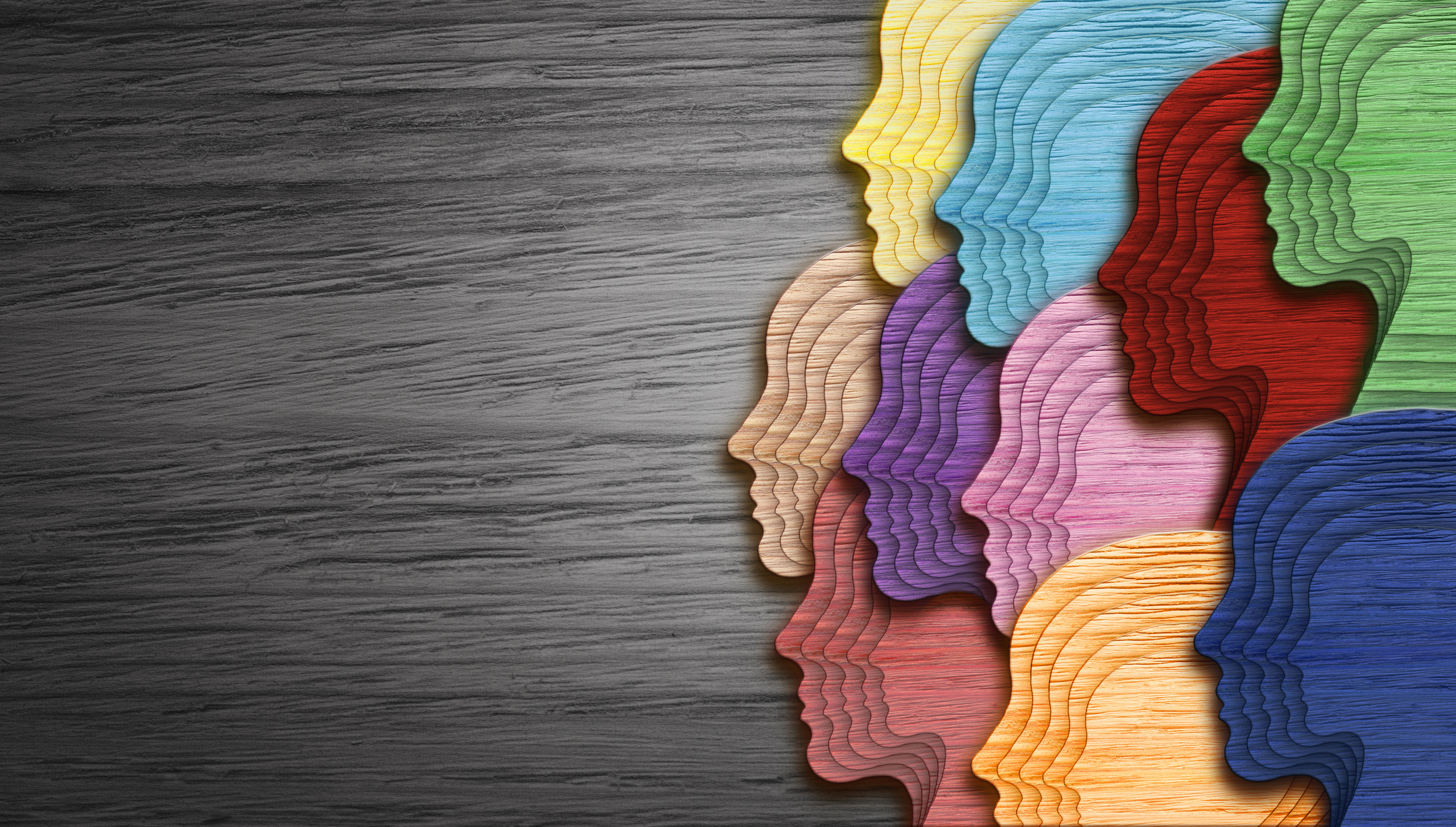
Recently I learned that a friend is the power-of-attorney and executor for the mother of her ex-husband. Knowing Jennifer’s divorce hadn’t been amicable, I was surprised by this until I learned she had chosen her ex-husband and his family. Despite the marriage not working, she still chose to support her former mother-in-law. Jennifer recognized she was the logical choice to fill these roles, because there was a degree of detachment beyond her ex and his siblings.
Degrees of detachment, Jennifer said, meant her ex-mother-in-law had a deeper level of trust that someone was truly advocating to honor her wishes and wouldn’t be swayed by their own emotion if hard decisions were required.
This scenario got me thinking about the idea of chosen family and their contributions as caregivers. "Chosen Family” is a term used to describe people who decide to play significant roles in each other’s lives based on a relationship freely (not biologically) selected. Often, caregivers (our term for individuals who provide physical, financial, social or emotional support to another person) find themselves caregiving simply because of their biological relationship as a son or daughter, spouse, sibling, and so on.
What if members of our chosen family were offered the opportunity to be caregivers? Why aren’t more families open to a similar idea?
My dad wanted things to stay within the family. Actually, that’s not completely accurate. If he could have, he would have kept his illness a secret and gone about his way not “burdening” others, family included. Hiding seems to be a natural response — I’m pretty sure I learned somewhere that animals try to hide when they are unwell because they know hunters go after the weak, the sick, and the old. Perhaps humans try to hide their frailty because of some evolutionary reason, or perhaps it’s a generational trait.
Either way, there are two sides to this kind of grit. An insightful op-ed for NBC News’ THINK explained the paradox of our Silent Generation's quiet determination in this way: “The robust generational character that makes them unlikely to complain or fuss is admirable, but it’s also a double-edged sword. It means many risk not getting the physical or social support they need.”
In any event, it went without saying that we didn’t talk about my father’s illness broadly and we didn’t enlist any of his peers and friends who offered to help. Many of them, retired professionals or widowers, had truly relatable experiences that could have improved our preparedness. Further, they knew my father's wishes and plans in a different way than any family member understood. This group was his unspoken chosen family in many respects, and sadly they weren’t offered the opportunity to give care or be a partner in his care. It would have been wonderful to involve those individuals and deepen relationships.
 Knowing the type of personalities my dad respected and allowed in his life, chosen family could have acted as another voice of reason when discussions veered beyond where he was comfortable. In truth, I think about how heartening a voice outside the grief and confusion felt by my mother, brother, and me, would have resonated.
Knowing the type of personalities my dad respected and allowed in his life, chosen family could have acted as another voice of reason when discussions veered beyond where he was comfortable. In truth, I think about how heartening a voice outside the grief and confusion felt by my mother, brother, and me, would have resonated.
Being a caregiver is challenging; it requires acts of love and commitment that can’t be expected simply because someone is biologically related. It’s generally assumed that family will take care of loved ones. Spouses and children are uniformly shown to be the main source of care, followed by other relatives —informal caregivers are responsible for 75-80% of total care hours. Perhaps it’s time to change that assumption by broadening it to include chosen family.
When I think of my own chosen family, nothing would stop me from doing whatever is needed - including support for those making painful decisions or tasks that might diminish cherished memories. While I would be heartbroken not participating in the care of a chosen family member, I would never assert myself where an unwelcome dynamic exists.
A catch-22 of sorts exists in knowing you are part of someone’s chosen family, while also respecting traditional roles and responsibilities that fall to biological families. Caregiving in general is full of difficult circumstances, including navigating your personal realm of influence and expectations within the overall care journey.
Making decisions out of love rather than obligation and having a voice at the table somewhat detached from high emotions should benefit the situation with regard to making decisions as well as managing and partnering care.
Chosen family members are among the best caregivers. I hope as we continue to explore ways to change the care journey for individuals facing a challenging or limited lifespan and those caring for them, we will be less confined by tradition and biology and more open to including everyone.
We're in this together...
See this feature inside the Caregiven app.
Look for it on the Home tab within the Caregiven application.

